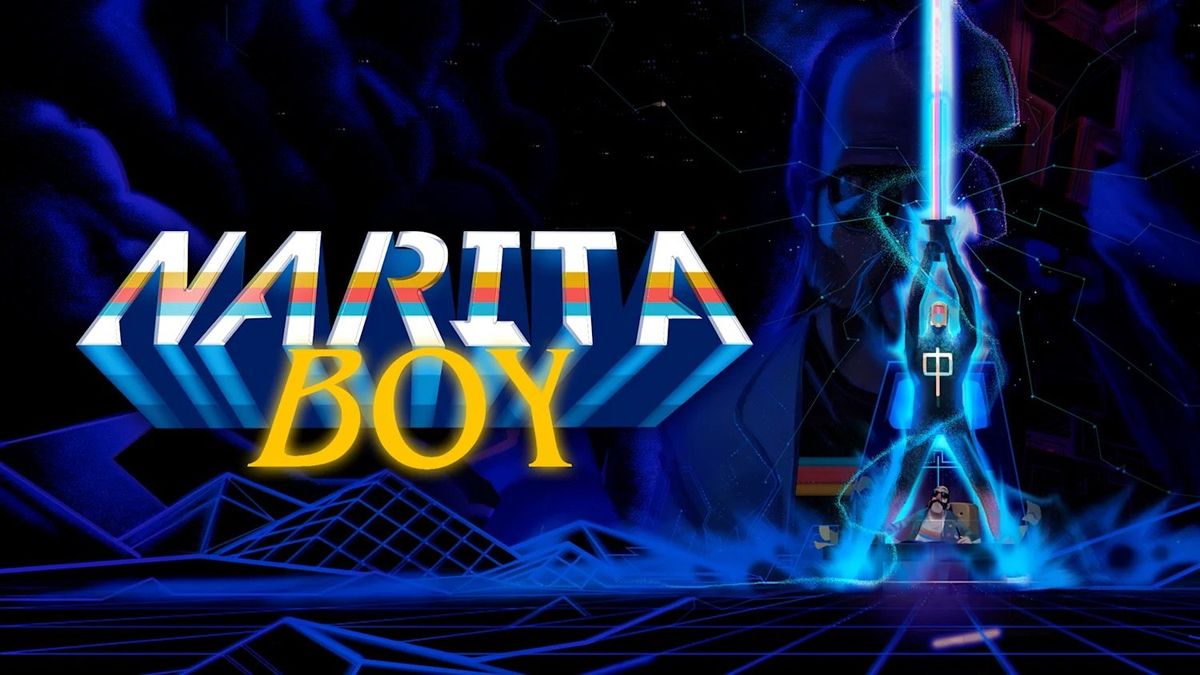Game On: Why have game demos gone out of style?

The older I get, the less money I seem to spend on video games. I have more patience to wait for price drops and steep sales, but I also have a difficult time justifying spending $50-$70 on brand new releases that I’m not sure I’ll love.
With the internet, it’s easy to look into reviews and even watch gameplay videos online to make an informed purchase. That’s usually good enough, but once in a while a game that looks fun on the surface ends up feeling wrong once you’ve actually got the controller in your hands.
The most recent example for me would be Narita Boy, a 2D action-platformer published by Team17 featuring gorgeous pixel art in a Tron-like world. It checked all my boxes, but the controls turned out to be clunky and unintuitive, prioritizing smooth animations over precise movements.
That experience unlocked memories in me I had tucked away for years – memories of perusing and playing demos via CD-ROMs or even floppy disks packed full of snippets of video games both big and small. You could find them in computer stores and magazines, among other places.
Demo discs and shareware were huge in the 1980s and 1990s, eventually losing steam halfway through the 2000s before nearly vanishing entirely. As a Sega diehard, my older brother managed to acquire every single Official Sega Dreamcast Magazine demo disc offered in 1999 and 2000.
The scheme worked for them. Without those demos, I doubt we would have ventured very far outside our Sonic the Hedgehog-shaped bubble. Instead, we ended up playing games we never would’ve given a chance based on cover art alone – Tony Hawk’s Pro Skater, Fur Fighters, Rayman 2 and Skies of Arcadia were just a few of the gems we ended up buying outright.
Despite the ever-increasing ubiquity of the internet, making informed video game purchases has ironically become harder in some ways. Demos are still out there if you go looking, and it’s extremely convenient to download them instead of relying on physical media.
But the vast majority of game companies would rather wow us with flashy trailers and perfectly tailored gameplay footage than let us have a genuine hands-on with their product. The hype machine has been proven to work time and time again even when the game proves to be an unfinished mess upon release.
For Cyberpunk 2077, the reception was so poor that the development team ended up shelling out $1.85 million in a class-action lawsuit. The game was also removed from the PlayStation storefront for almost a year while they patched the game into a more acceptable state.
Even still, the game’s decade-long development cycle cost $300 million, and CD Projekt Red made all of that back in preorders alone – everything after that has been pure profit. So, did they learn their lesson? Probably not.
Regardless, gamers have been gradually wisening up to the smoke and mirrors they’re presented. I saw a lot of people online refusing to preorder Elden Ring until the review embargo was lifted and critics showered the game with near-perfect scores. A 96/100 on Metacritic is a pretty safe bet.
Even long-standing franchises are beginning to face the scrutiny of the gaming community. Electronic Arts reported that Battlefield 2042 failed to live up to their sales expectations, and to be blunt, I’m glad. It takes serious audacity for a multibillion-dollar company to release a half-broken game that’s a downgrade from its predecessors in almost every way.
Last year, the demo for Balan Wonderworld inadvertently spared the wallets of countless gamers. Offered online two months prior to the game’s release date, the demo was a stinker and – surprise, surprise – the final product was, too. Less than a month after the full game tanked, publisher Square Enix removed the demo from digital storefronts. Gee, I wonder why!
While that fiasco is a success story for consumers, it’s also why publishers avoid releasing demos. Square Enix made a bet and lost – using teasers and gameplay trailers to build hype is safe marketing, and game publishers exist primarily to make money. So, protect your wallet – watch gameplay footage, read reviews, play demos when they’re available and scrutinize away.
Riordan Zenter can be reached at riordan.zentler@gmail.com.